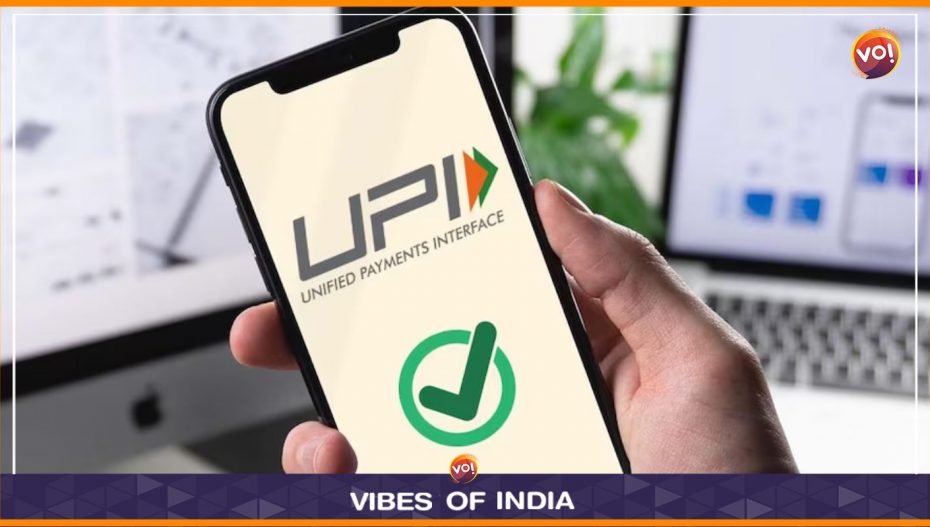An interchange fee of up to 1.1% will be applied to merchant UPI (Unified Payments Interface) transactions starting on April 1, according to a notification from the National Payments Corporation of India (NPCI).
Prepaid Payment Instruments (PPIs) would incur an interchange fee when used for transactions through UPI, according to a new notification from the NPCI. If the transaction exceeds Rs 2,000, fees will be assessed.
For various types of merchants, there are different interchange fees. It varies from 0.5% to 1.1%, and in some categories, a cap is also applicable.
The newly implemented fee, according to a notification from NPCI today, solely applies to merchant transactions carried out using prepaid payment instruments. The payments body made it clear that there will be no fees applied to regular UPI payments, often known as “bank account-to-bank account-based UPI transfers.”
The interchange charge is 0.7% for telecom, education, and utilities/post offices whereas it is 0.9% of the transaction value for supermarkets. For insurance, government, mutual funds, and railways, there will be a 1% charge, a 0.5% charge for fuel, and a 0.7 charge for agriculture.
Peer-to-peer and peer-to-peer-merchant transactions are exempt from the application of exchange. For transactions over 2,000, PPP issuers will be forced to pay a wallet-loading fee of 15 basis points (bps) to the remitter bank.
On or before September 30, 2023, the NPCI will evaluate the pricing. The fees will start to apply on April 1. The Finance Ministry said that UPI is a digital public benefit in August of last year and that it was not considering imposing any fees on transactions conducted through it.
“UPI is a digital public good with immense convenience for the public & productivity gains for the economy. There is no consideration in Govt to levy any charges for UPI services. The concerns of the service providers for cost recovery have to be met through other means,” the ministry tweeted.
The statement was made in response to a discussion paper published by the RBI that compared UPI to IMPS (Immediate Payment Service), suggesting that UPI fees might be comparable to those assessed on IMPS fund transfers.
Also Read: Who Was Savarkar, The Man Rahul And Congress Dislike So Much








